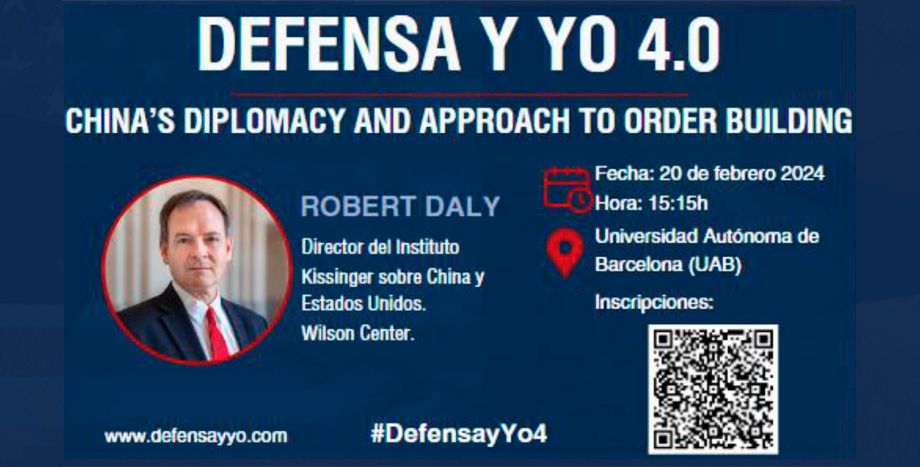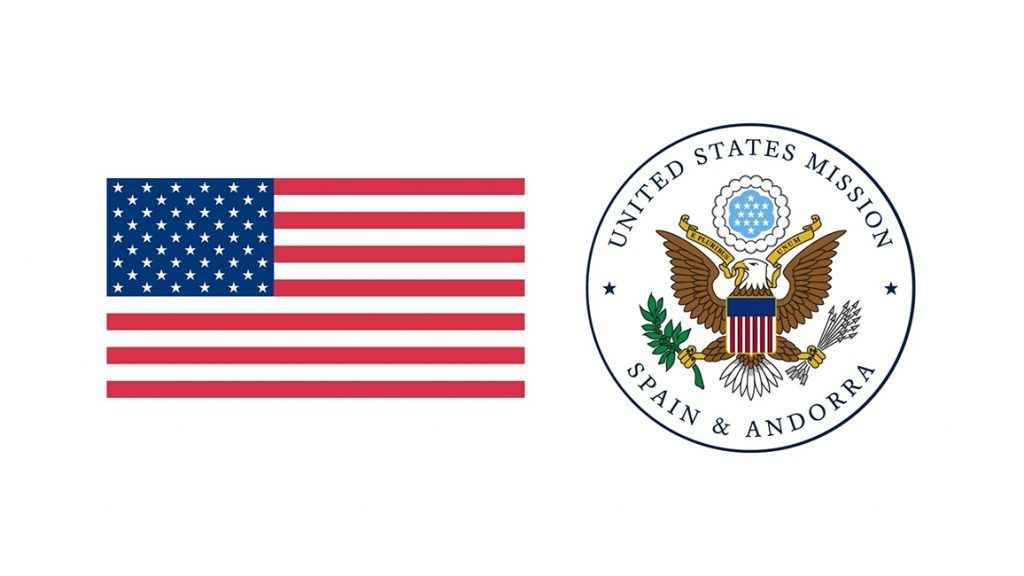conferences and topics (2024)

Universidad Autónoma de Barcelona
GET TO KNOW OUR LECTURERS
Robert Daly
Director, Kissinger Institute on China and the United States. Woodrow Wilson Center for International Scholars.
Before coming to the Wilson Center, Robert Daly directed the University of Maryland China Initiative and served as American Director of the Hopkins –Nanjing Center for Chinese and American Studies. He began work in U.S.-China relations as Cultural Exchanges Officer at the U.S. Embassy in Beijing in the late 80s. After leaving the Foreign Service, he taught Chinese at Cornell, worked on television and theater projects in China as a host, actor (北京人在纽约),and writer, and helped produce a Chinese-language version of Sesame Street. He is a director of the National Committee on U.S.-China Relations and American Mandarin Society and a member of the Task Force on U.S. China Policy. Mr. Daly’s analysis is featured regularly on NPR, C-Span, CNN, and the Voice of America. He has interpreted for Chinese leaders, including Jiang Zemin, and American leaders, including President Carter.
Juan Pablo Soriano Gatica
Professor and Affiliated Researcher at the Institut Barcelona d’Estudis Internacionals.
Reader in International Relations at theUniversidad Autónoma de Barcelona. Previously, he taught at the. His research areas include foreign policy, international security, transnational organized crime, EU policy, Euro-Latin American relations, and human security in Latin America. He is a member of the research group “European Foreign Policy Observatory” and has participated in projects analyzing transnational youth gangs in Central America, Mexico, and the United States. At IBEI, he has coordinated seminars and courses for Latin American security forces.



